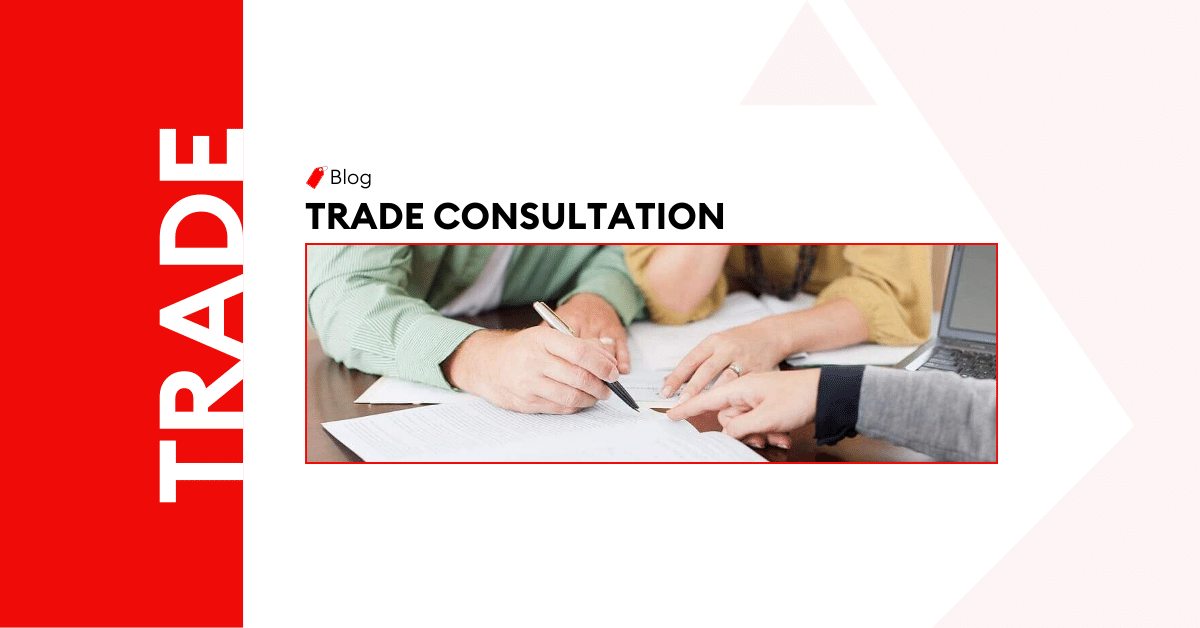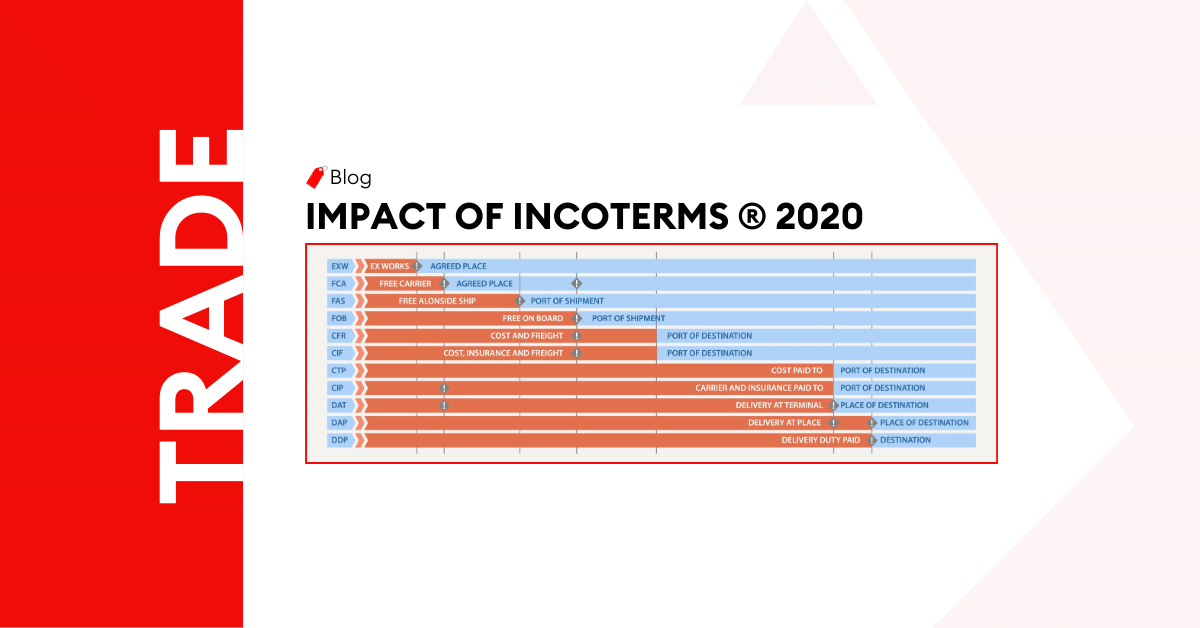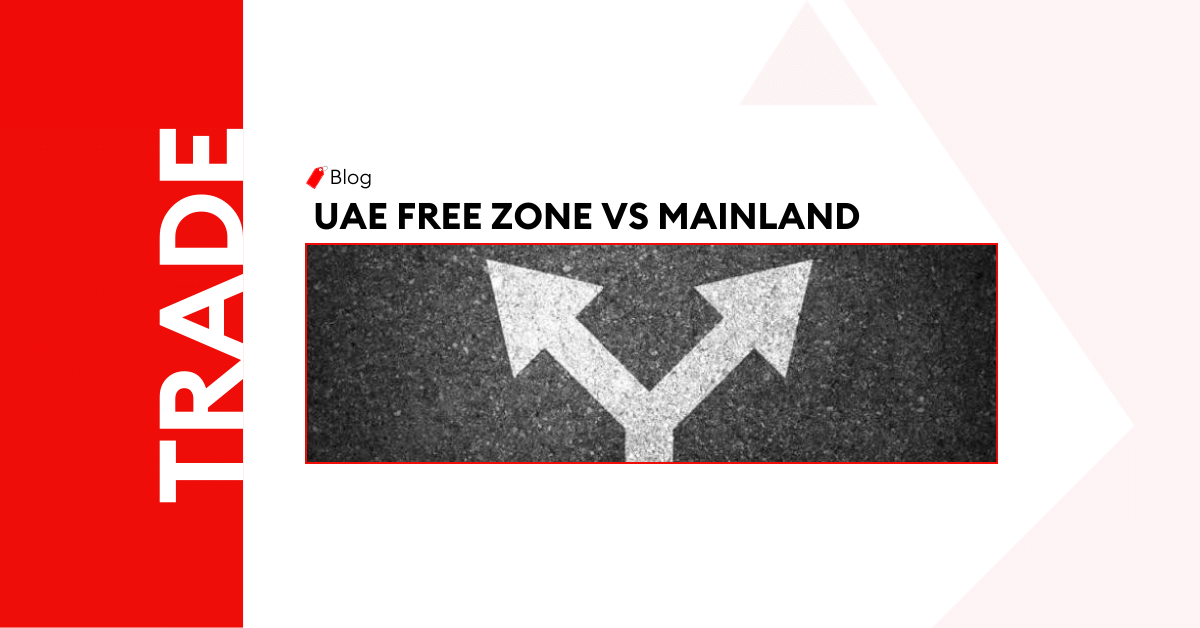
Trade Consultation (Trade Barrier + Free Trade Agreement)
Aside from the complexity of the international trade market, it is important to note that the market is equally changing at a fast pace. And this is especially true in recent times.
Businesses involved in today’s highly volatile market need to understand the new trends rising in the global market and the impacts on their business operations. This article will discuss the recent megatrends in international trade and key strategies to adjust and succeed.
What Are the New Trends of Trade Policy?
Theories like the increased freedom of global trade and investment, the resulting increase in growth of Gross Domestic Product (GDP) of countries around the world, and the inking of mutually beneficial trade agreements between nations and states were at the heart of international trade.
More commonly, companies expanded globally by producing goods in low-cost and less taxable regions to distribute into foreign markets beyond their home states.
However, events such as the recent Covid-19 pandemic, geopolitical shifts, disruptive technologies, and evolving cost structures around the globe have these broken time-worn assumptions about doing business internationally.
The rapid evolution of global trade has resulted in a more complex environment, and this in itself is accompanied by new challenges. However, with these great risks comes the existence of far greater opportunities for businesses.
These opportunities exist and will be profitable for not just any business. Still, the ones that fully understand the new market prepare adequately to navigate it and develop the required flexibility to adapt to further changes.
Defining New Trends in Consultation Policy In 2022
As you now know, it will be greatly beneficial for your business if you can define the new trends in your company’s consultation policy. So, what exactly are these new megatrends driving the evolution of international trade?
Economic Nationalism Is Rising
In recent times, there have been an increasing number of national governments intervening in the global economy and creating policies that protect and serve the national interests of their countries, which has severely undermined global cooperation between countries.
Popular instances are the departure of the United Kingdom from the European Union and the withdrawal or renegotiations of global trade agreements such as the Trans-Pacific Partnership and North American Free Trade Partnership (NAFTA).
State Capitalism Is Expanding
An increasing number of corporations and enterprises owned or backed by national governments are expanding their footholds around the globe while retaining the economic protection of their home states.
Typical examples can be found in the automobile and oil industries in China, Taiwan, Norway, and Singapore, with state governments seeking political gain from economic control.
Supply Chains Are Becoming More Local
Companies are now shifting production of goods from low-wage locations and prioritizing costs to taking advantage of automation and advanced manufacturing processes to produce goods closer to their home markets.
In addition, businesses are transitioning from a ‘just-in-time’ philosophy to a ‘just-in-case’ strategy with the aim of increasing the local inventory available and are creating regional supply chains to partner with local suppliers.
The Digital Economy Is Supplanting the Physical Economy
The use of the internet, mobile technology, and the internet of things (IoT) in carrying out business transactions continue to replace business operations that previously required physical contact.
Digital transformation has, in the wake of the recent global pandemic, provided businesses with benefits of a broader market reach, increased customer base, and leveraging data-driven insights to implement effective business solutions.
How To Cope and Adapt to the New Normal of Trade?
As with any form of evolution in history, the best and most effective response has been to adapt to new developments and develop the necessary skills to thrive despite challenges.
Outlined below are six vital steps that your business can undertake to remain efficient in today’s ever-changing global market.
Identify Possible Areas of Effect
Quite possibly the first, and most important step for any company is to carry out a thorough examination and analysis of all aspects of the business, including manufacturing, supply, and distribution. This will help you determine areas affected by changes in trade rules.
Beyond the proper analysis of the effect of trade rule changes, a further step will involve estimating the potential impact, in terms of value, on future revenues, operational costs, and assets of production.
Understand the Evolving Trade Dynamics
Changes in international trade policy are sometimes abrupt and typically affect the competitive atmosphere between various companies in various avenues.
You need to assess the new trade regulations as they impact each product relevant to your business in specific markets. Like, for instance, competitive prices in the local market and access/entrance into the foreign market.
In addition, properly research your competitors and their suppliers to evaluate the impact of rule changes on their business operations relative to yours. You can also check on potential opportunities to stay ahead of the competition.
Identify Actions of Potential Advantage
In tackling challenges raised by the evolving global market, it will be beneficial to ideate new strategies that can be implemented to reduce business risks and gain a competitive advantage.
This can be classified into two forms; proactive and reactive strategies. In creating these useful strategies, also take note of indicators that point out the particular action to take in any given scenario.
Develop Resilience in Action
Moving forward in the new normal of trade requires that your business develop resilience in the face of adversity. This essentially means that you move from using feeble market moves to executing enterprising, no-regret actions such as prequalifying new supply partners.
The advantage this gives is that you create a wide variety of options for your business and develop operational speed and flexibility when faced with abrupt changes to trade laws around the globe.
Create Strategies for Specific Scenarios
As changes to international trade rules and regulations can take varying forms and occur in different scenarios, it is necessary to prepare adequately with multiple actions that can be applied in a wide variety of situations.
Also, in implementing these ‘tactics,’ it is important that company leaders and workers fully understand and align towards the particular strategies to be employed under certain conditions.
Influences Changes in Policy
Most times, when alterations to trade policy are being made, businesses are usually unaware or powerless to make significant inputs.
However, increased business advocacy, trade negotiations, and active policy consultations can lead to developing more market-oriented decisions in changing global trade policies.
How Does Al Sharqi Help?
At Al Sharqi, we firmly believe in overcoming business challenges by providing services of value. We are evolving with the market through the use of modern technologies and empowering our customers with our quality knowledge and expertise.
Our international trade consultants have the quality experience and expertise to assist you in identifying and implementing proactive strategies for doing business around the globe. As a result, we help you maximize growth, reduce potential, and stay ahead in the marketplace.
Contact us today for more information.
Our customer service team is happy to assist you with planing your next booking.

Related Articles
The Impact of Incoterms ® 2020 on Global Trade Explained
Understanding the incoterms is essential if you are shipping goods. These are the rules of commercia
Understanding the Different Types of Free Zones in the UAE
Introduction In the dynamic landscape of the United Arab Emirates (UAE), the concept of free zones h
UAE Free Zone vs. Mainland: Which One is Right for Your Business?
Introduction In the vibrant landscape of the United Arab Emirates, aspiring entrepreneurs often find







Post a comment
You must be logged in to post a comment.